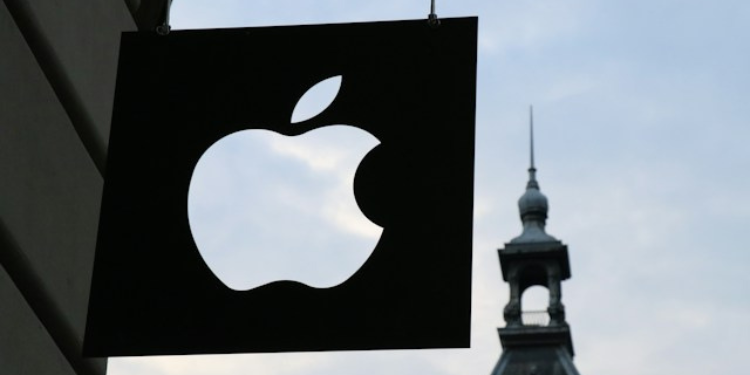The European Union has concluded that Apple’s iMessage will not be required to become interoperable with competing messaging services like WhatsApp, and Microsoft will not face enhanced scrutiny over its Bing search engine operations within the bloc. This decision comes after EU lawmakers determined that these services do not qualify for designation under the Digital Markets Act (DMA). Furthermore, the Commission has also decided not to designate Microsoft’s web browser Edge and its online advertising service, Microsoft Advertising, as core platform services under the DMA. This ruling signifies no expansion to the initial list of 22 core platform services identified by the Commission last year.
In fall, Apple and Microsoft were labeled as DMA “gatekeepers” for a total of five core platform services. These included Apple’s iOS, App Store, and Safari browser, along with Microsoft’s Windows OS and LinkedIn social network, all subject to the DMA’s interoperability requirements and other regulatory obligations. The DMA’s goal is to foster fair competition and innovation, setting a threshold of 45 million monthly active users and 10,000 business users for a service’s designation.
Apple and Microsoft contested the inclusion of additional services under the DMA, arguing that iMessage, Bing, Edge, and Microsoft Advertising did not meet the usage criteria, with Apple further claiming that iMessage’s business users were utilizing a distinct product. The EU Commission allotted up to five months to assess these arguments, ultimately deciding against expanding the list of regulated services.
The EU’s decision to not expand the DMA’s scope to include services like Apple’s iMessage and Microsoft’s Bing marks a significant moment in the ongoing dialogue between tech giants and regulatory bodies. It underscores the importance of clear criteria for designation and highlights the challenges in applying broad regulations to a rapidly evolving digital landscape. This outcome not only affects how these companies operate within Europe but also sets a precedent for future regulatory considerations. It’s a reminder of the delicate balance regulators must strike between fostering innovation, protecting consumer interests, and ensuring competitive markets.




















































